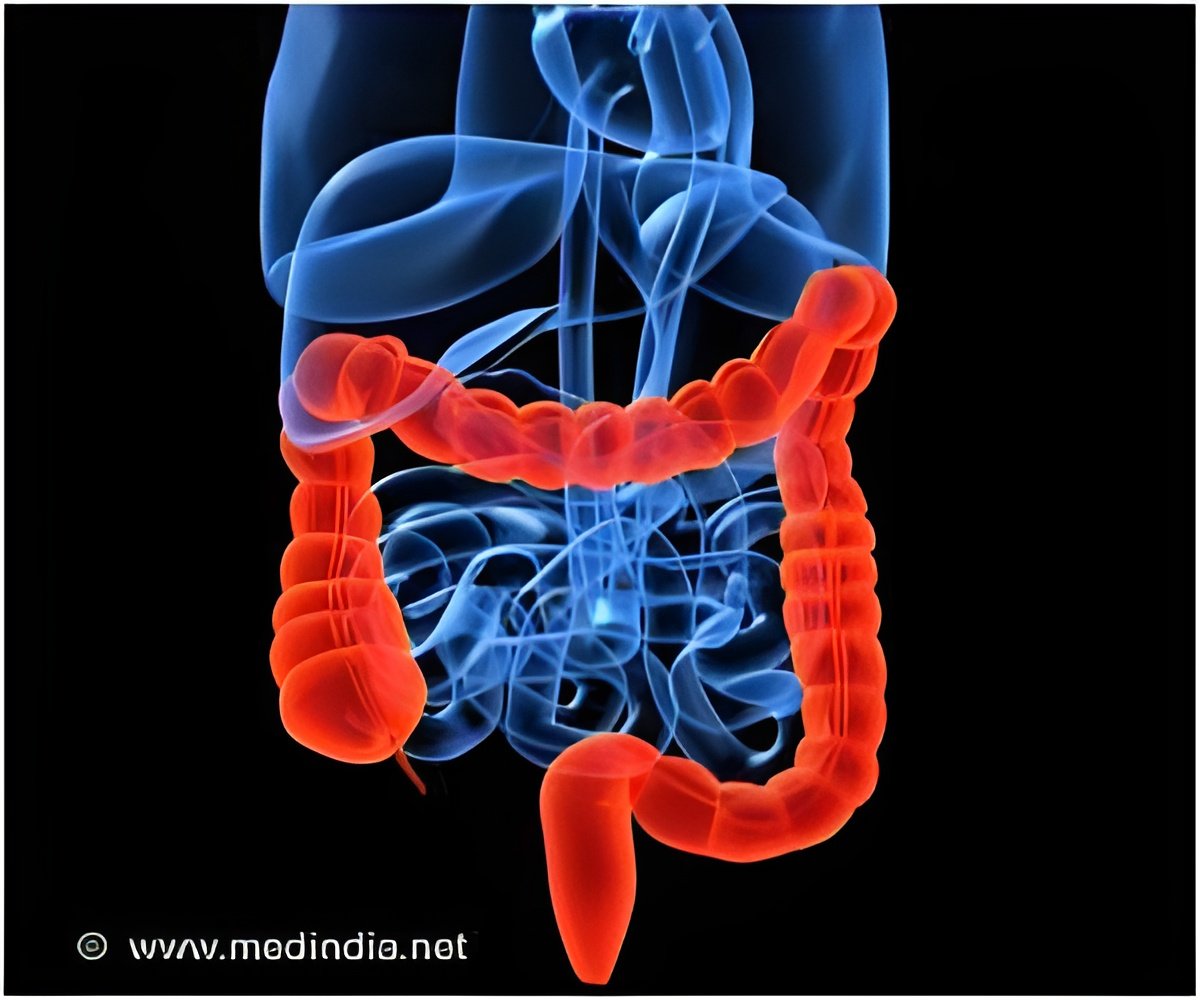A new study sheds light on the role of a key player than helps in creating an environment that nurtures the trillions of beneficial microbes in our gut.

The researchers infected mice that were missing the Sigirr gene with bacterial pathogens that cause food poisoning in rodents (either a relative of toxic E. coli or Salmonella Typhimurium). And even though these mice had a much stronger intestinal innate immune response than mice with intact SIGIRR function, they were unable to defend themselves against the pathogens and got much sicker than their normal counterparts.
Examining the underlying mechanism, the researchers looked at the beneficial microbes that normally reside in the gut. Often, these can delay or even prevent pathogens from infecting the gut by competing for space and nutrients, in a process called "colonization resistance". Consistent with this role, the exaggerated antimicrobial responses triggered by the pathogens in the absence of Sigirr caused a rapid and dramatic loss of beneficial microbes from the infected gut. This depletion seems to reduce the ability of the resident good bugs to outcompete the invading bad ones, leaving the gut highly vulnerable to colonization by the toxic pathogens.
SIGIRR function in the gut therefore reflects a balancing strategy that sacrifices maximal immune responsiveness in order to protect the beneficial resident microbe populations which, when healthy, provide a strong barrier against toxic foreign invaders and thus protection for their host through colonization resistance.
The researchers conclude "Our results suggest our immune system really isn't very good at preventing food-borne infections, and, through evolution, we have come to rely on our gut microbiota to protect us from many pathogens. If we disrupt this mutualistic relationship (for example, with antibiotics), we leave ourselves highly susceptible to infections."
While being gentle with your beneficial gut flora is clearly a good thing, the researchers also speculate that modulating SIGIRR function within the gut might one day offer therapeutic potential for gastro-intestinal disorders, such as inflammatory bowel disease.
Advertisement
Source-Eurekalert









